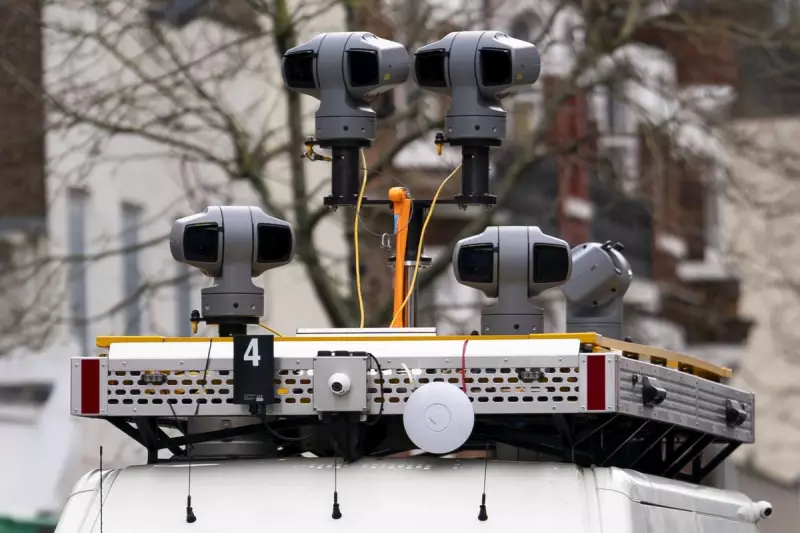
The Metropolitan Police is embarking on its most widespread deployment of live facial recognition (LFR) technology to date, transforming the way policing is conducted on the streets of London. This move signifies a major step towards the integration of automated surveillance into daily law enforcement activities.
Assistant Commissioner Matt Twist announced that LFR cameras will be deployed to specific locations where intelligence suggests serious offenders, such as those wanted for violence and sexual offences, are likely to be present. The technology works by scanning the faces of passers-by in real-time, comparing them against a dedicated watchlist of individuals sought by the police and the courts.
The Balancing Act: Crime Fighting vs. Privacy
The Met firmly positions this technology as a vital tool in its arsenal. "We are using it to locate and arrest serious offenders, including those involved in violence and sexual offences," stated AC Twist. The force emphasises that the watchlists are carefully curated and targeted, asserting that the benefits to public safety outweigh privacy concerns.
However, the rollout is fiercely opposed by civil liberty and privacy campaigners. Organisations like Big Brother Watch have condemned the move, labelling the technology "Orwellian" and a threat to the fundamental right to privacy. Critics argue that it creates a pervasive surveillance network, normalising a level of public monitoring previously unseen in British society.
Questions of Accuracy and Bias
A central point of contention is the accuracy and potential for bias within facial recognition algorithms. Studies have shown that some systems can have higher error rates when identifying women and people of colour, leading to fears of discriminatory policing. The Met maintains its system is "world-leading" and operates with a high degree of accuracy, though it acknowledges the technology is not infallible.
When a match is made, it is reviewed by a police officer who makes the final decision on any intervention. The force has stated that if you are not on the watchlist, your image is automatically deleted and not stored.
Public Reaction and the Path Forward
The deployment is certain to ignite a fresh public debate about the boundaries of policing and technology in a modern democracy. As these cameras become a more common sight across the capital, Londoners are left to grapple with the trade-off between enhanced security and their individual privacy rights. The Met's expansion of LFR marks a pivotal moment, setting a precedent that other forces across the UK are likely to follow.





